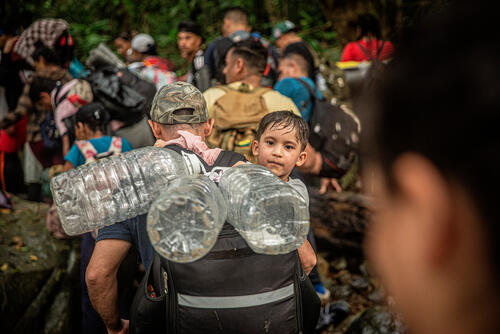Violence and insecurity in Central America, combined with different anti-migratory policies in countries like Brazil or Chile, as well as the economic crisis caused in part by the COVID-19 pandemic, has forced many migrants to head north.
The Darién gap went from being a route used by only a minority of migrants in the past, to seeing record numbers in 2021 (around 134,000) and especially in 2022 (around 200,000 until October).
The rainforest also became a port of entry on the route north for thousands of Africans and Asians. These migrants joined Central Americans fleeing violence and extreme poverty, extortion, recruitment and rape by gangs and other criminal groups from the Northern Triangle of Central America (NTCA) on the dangerous journey to the United States (US).
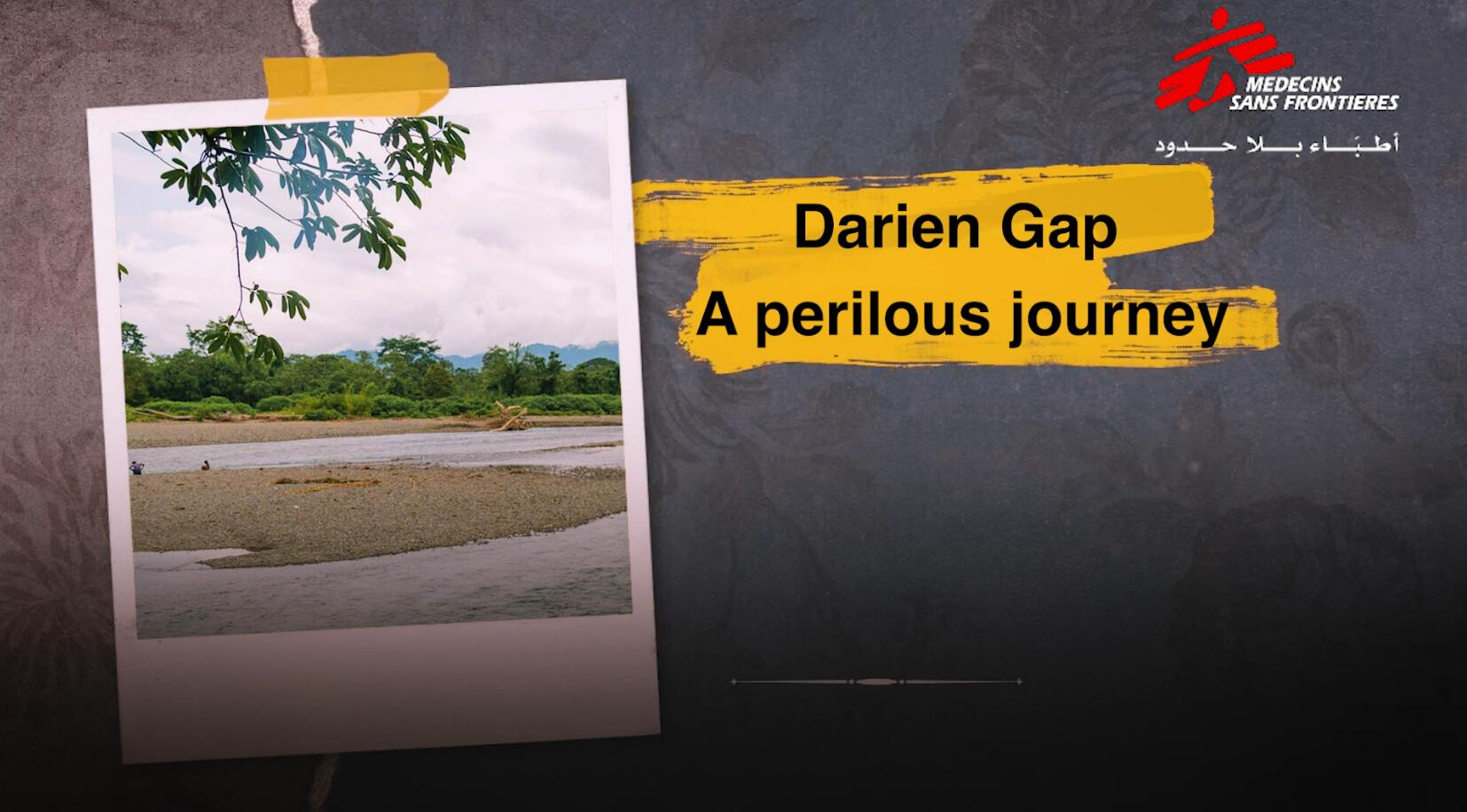
Darien Gap, a perilous journey
In 2020 the report No Way Out exposed the devastating effects that the criminalisation of migration is having on people fleeing violence and poverty in the NTCA, and reiterated that migrants and asylum seekers, irrespective of their legal status or the country in which they find themselves, must have access to medical and mental health care, protection and humanitarian assistance.
The US and Mexico generally treat people from the Northern Triangle as economic migrants and have focused efforts on detention and deportation rather than on providing protection and support. This has been made extensive to the rest of the migrants arriving to the Mexican northern border.
From the MSF report, No Way Out
45.8 %
45.8%
75 %
75%
31 %
31%
US migration policies that trap, endanger and deport people
Policies that the US initiated in the last years of Trump’s administration – and which Mexico has implemented – included the so-called Migrant Protection Protocols (MPP), better known as the 'Remain in Mexico' policy. The policy meant that asylum seekers arriving at the US/Mexico border were turned back to Mexico to await their asylum process there, leaving them trapped and extremely vulnerable in some of the world's most dangerous cities.
While Remain in Mexico has been dismantled, another protocol added during the COVID-19 pandemic, known as Title 42 is still in place.
Title 42, a public health order misused to effectively close the US southern border to asylum seekers, was expanded on 12 October, 2022, to include Venezuelan migrants, which left thousands of them stranded all along the migratory route. Title 42 will remain in place until December 2022, after a federal judge barred federal immigration authorities from using it any longer.
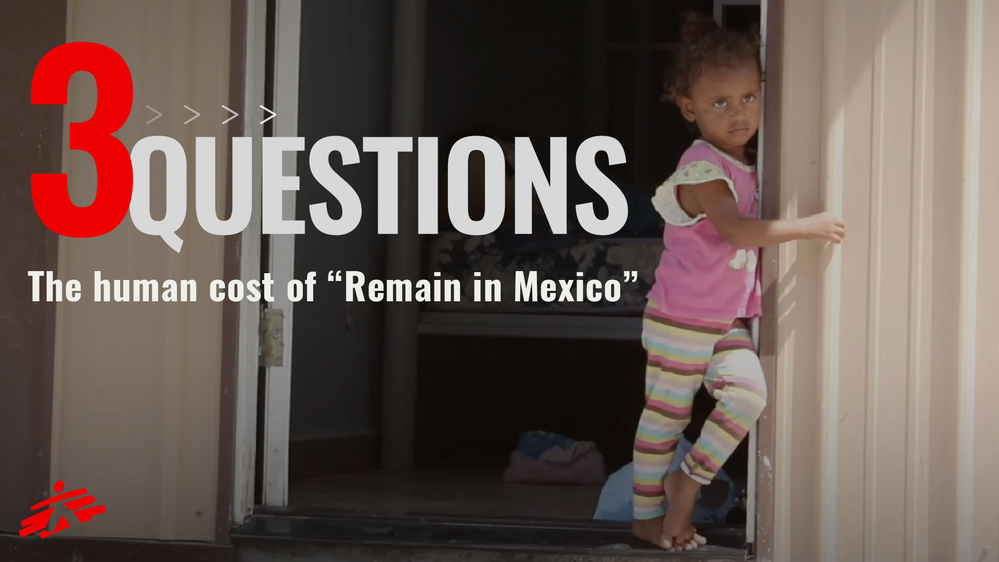
“Remain in Mexico”
Mexico
In Mexico, our teams support an ever-growing number of refugees and migrants travelling through the country. We work in several shelters and locations all along the migrant route (depending on both the influx of people and the different roads they choose).
According to UNHCR, the numbers of displaced people in Central American countries reached record levels in 2021, creating an unprecedented humanitarian crisis. Almost a million people fled their homes to escape violence and a lack of opportunities in their home countries, a situation exacerbated by the COVID-19 pandemic.
The new US government, under Biden’s administration, had indicated that it would adopt a more compassionate attitude towards undocumented migrants and refugees arriving from the south, but it maintained its restrictive asylum policies and citing public health reasons, closed its borders while deporting hundreds of thousands of people to Mexico and other countries.
This, and the criminalisation of migration by regional governments, forced people to risk more dangerous routes, where they were exposed to robbery, extortion, torture, sexual aggression, rape and kidnapping.
Our teams work to improve access to medical and psychological care at different points along the migratory route, prioritising assistance to the most vulnerable groups: children, unaccompanied minors, women travelling alone, non-Spanish-speaking people, older adults, LGBTIQ people and victims of direct violence.
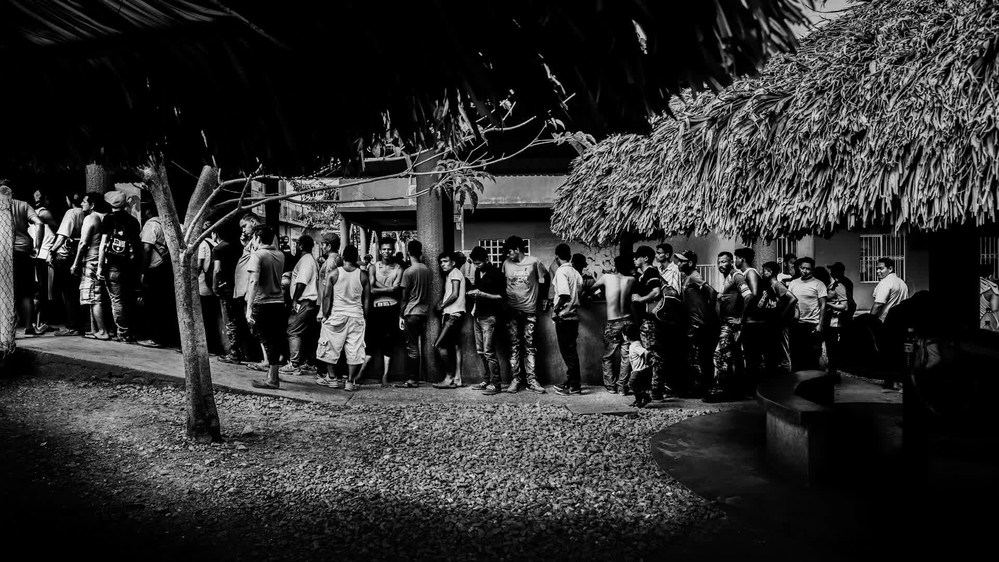
The reality awaiting in Mexico
Guatemala
Based in Quetzaltenango, Guatemala’s second-largest city, an MSF project focuses on assisting migrants. We deploy two mobile teams, consisting of a doctor, a psychologist, a social worker, a health promoter, a team manager and a driver, to different sites in San Marcos and Huehuetenango departments, where they provide assistance to people on the move, whether travelling north towards Mexico and the US, or returning home, such as the large numbers of deported Guatemalans.
In addition, we support local health centres serving people who live in this border area. Like all MSF activities in Central America, the project has a strong advocacy component, mainly targeting repressive US migration policies and calling for greater access to care, particularly mental health services, and protection from violence for migrants.
In 2021, our teams also launched a project to address the high levels of chronic kidney disease in Guatemala, focused in three municipalities in Escuintla department (La Democracia, La Gomera, Sipaocate), an area almost entirely given over to large-scale agriculture. The main activities of the project are early detection, patient care and health promotion.
In my country, killing is ordinary - it is as easy as killing an insect with your shoeA Honduran man, who fled after refusing gang members' demand for protection money, and later shot three times
Honduras
One of the most violent countries in the world, many in Honduras are also seeking a better life and head north towards Mexico and the US.
Our teams run programmes to assist vulnerable people affected by the high rates of violence and the extreme weather emergencies that frequently hit the country.
In the capital, Tegucigalpa, we run a project providing comprehensive care to victims of sexual violence. We also continue to work with the Ministry of Health and other organisations to approve a national protocol to guarantee access to medical and psychosocial care for victims.
MSF teams responded several times in 2021 to assist migrants in different points of the country. In January our teams supported people who were migrating in a very large caravan, many of whom had been impacted by the hurricanes Eta and Iota. In April, we provided medical and psychological support to hundreds of migrants who had been stopped at the southern border crossing with Nicaragua.
In September, the team in Tegucigalpa began a new project to assist migrants with two mobile clinics at the bus terminal in the city of Comayagüela and different points of the country. Additionally, on the northern border with Guatemala, our teams intervened to support people deported from the US and Mexico, often arriving in the middle of the night.
In Choloma, in the northern department of Cortés, our teams offered humanitarian and medical assistance to people still suffering the consequences of the two hurricanes that struck at the end of 2020. Our team at the mother and child clinic continued to provide family planning services, ante- and postnatal consultations and basic obstetric care. In 2021, we opened a new clinic in nearby San Pedro Sula, to improve access to medical and psychological care for sex workers and the LGTIBQ community. In December, we launched an emergency intervention to help people affected by the floods in Villanueva.
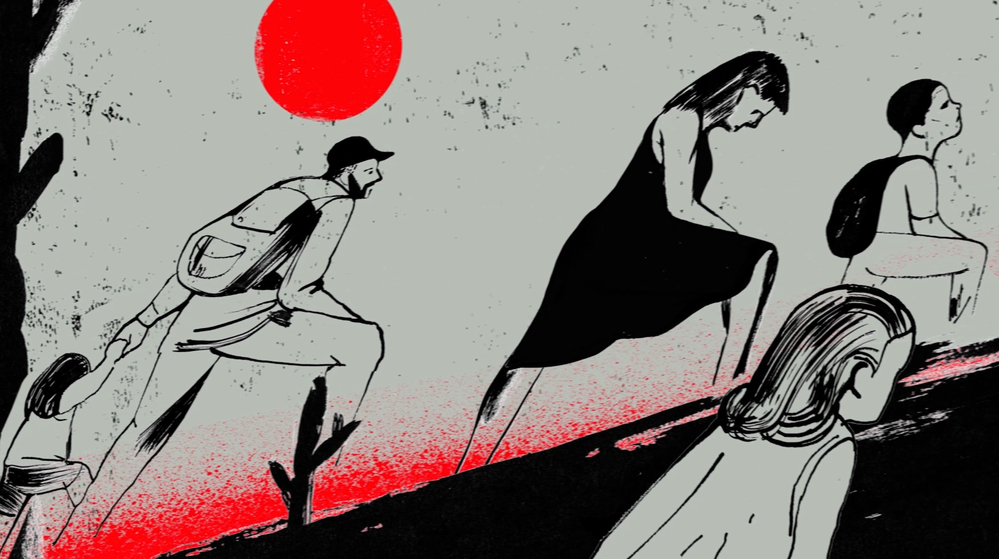
What would you do?
Panama
Panama registered a record number of migrants in 2022 – around 200,000 until October, compared to 8,600 in 2020. Many of the migrants travel with their families, including young children and pregnant women. In 2022, the majority of migrants were Venezuelans.
Crossing through the Darien Gap to Bajo Chiquito, the first community on the Panama side, can take more than five days and is extremely challenging. The terrain is treacherous, with steep cliffs to climb and sudden river floods, and people frequently get lost, run out of food and water, or are attacked or robbed by criminal gangs operating in the area.
In April, our teams began to run services for migrants arriving in Bajo Chiquito, and at two migrant reception centres in the area, in collaboration with the Ministry of Health. As well as medical care, our teams provided mental health support to the many victims of violence and sexual violence and people who had lost family members in the jungle. Our logisticians also carried out infrastructure improvements to health facilities and offered advice on water and sanitation. In 2022, our teams operated in the Migratory Reception Centre of San Vicente.
Throughout the year, we highlighted the need for safe migration routes and called on regional governments to provide protection from violence for migrant families.
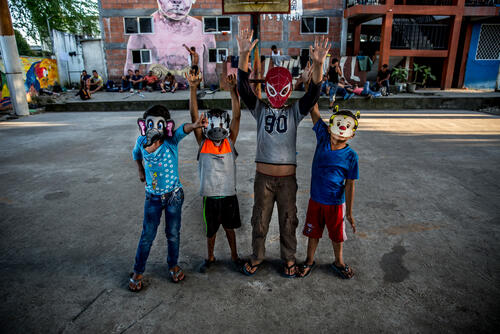
El Salvador
In 2018, MSF teams returned to El Salvador for the first time since providing aid in the wake of Hurricane Ida in 2009. We resumed operations starting with opening community health and mental health clinics, in places where access to health services had been affected by violence in neighbourhoods in San Salvador and Soyapango. Of the people who received mental health support during 2019, nearly 60 per cent had been victims of violence or had lost a family member due to violence
Our teams gradually reduced and closed our operations in El Salvador in 2021 after facilitating access to public health structures for communities affected by violence. Our teams ensured emergency services and ambulances were able to run uninterrupted in neighbourhoods most affected by the presence of gangs, which were previously neglected.
MSF activities in Mexico, Honduras and Panama in 2021



